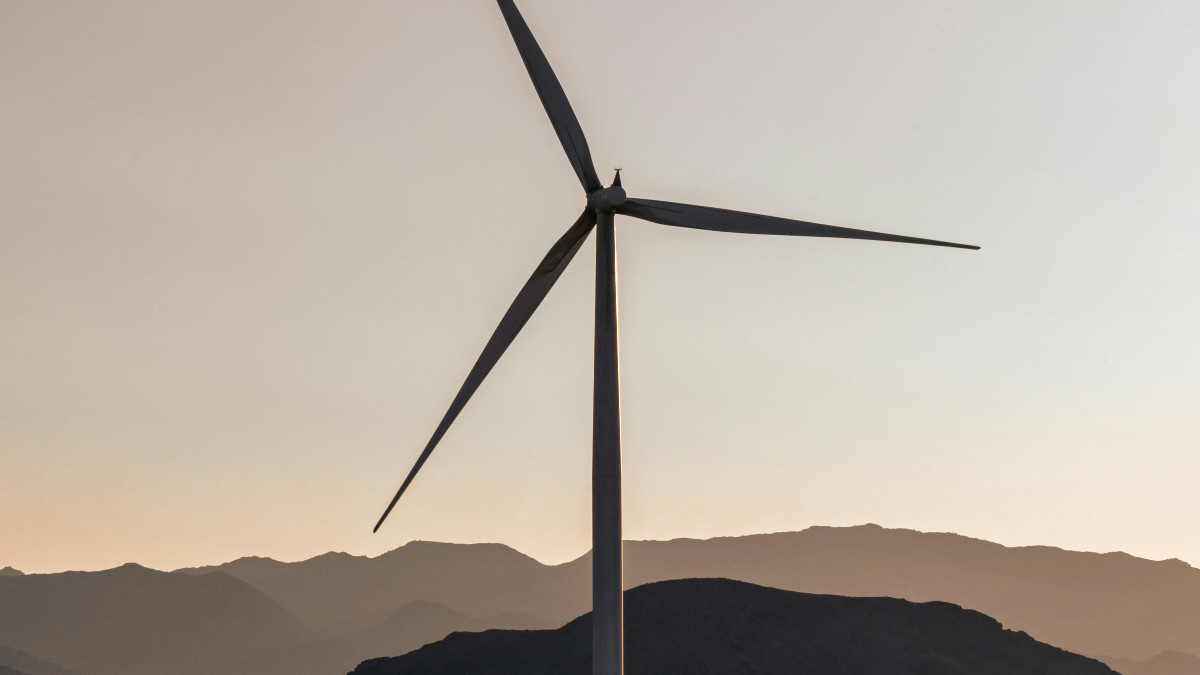Sustainable Energy

Photo by Levan Badzgaradze on Unsplash
Sustainable energy focuses on developing and utilizing renewable energy sources to reduce carbon emissions and combat climate change.
University courses should cover solar, wind, and hydroelectric power generation, as well as emerging technologies like tidal and geothermal energy.
Students would study energy storage technologies, grid integration, and the economics of sustainable energy.
The curriculum would also emphasize the importance of policy and regulation in shaping the future of energy production and consumption.
the components of Sustainable Energy education:
- Fundamentals of Renewable Energy: Students should learn the basics of various renewable energy sources, such as solar, wind, hydro, geothermal, and biomass. This includes understanding the technologies that harness these resources, the principles behind their operation, and their role in the global energy mix.
- Energy Systems and Storage: It’s crucial to understand how to integrate renewable energy into existing systems and the importance of energy storage solutions like batteries and thermal storage to manage supply and demand.
- Energy Efficiency and Conservation: Courses should cover strategies for reducing energy consumption through efficient design, technology, and behavior change. This includes energy audits, retrofitting buildings, and designing energy-efficient appliances.
- Sustainable Energy Policy and Economics: Students must understand the economic factors and policies that drive sustainable energy adoption, including subsidies, tariffs, and regulations. They should also learn about the economics of energy markets and the financial modelling of energy projects.
- Environmental Impact Assessment: Education in this area would involve learning how to assess the environmental impact of energy projects, including lifecycle analysis and the social and ecological implications of energy choices.
- Smart Grids and Energy Management: With the advent of smart grids, students should learn about the technologies that enable more efficient distribution and management of energy, such as smart meters, demand response systems, and grid automation.
- Climate Science and Policy: Understanding the science of climate change and the role of energy in contributing to and mitigating it is essential. This includes studying international agreements like the Paris Agreement and strategies for reducing greenhouse gas emissions.
- Innovation in Sustainable Energy: Encouraging innovation is key, and students should be exposed to the latest advancements in sustainable energy technologies and business models. This could include courses on entrepreneurship and the commercialization of new technologies.
- Interdisciplinary Approach: Sustainable energy is an interdisciplinary field, and curricula should reflect this by incorporating elements of engineering, environmental science, economics, and policy studies to provide a holistic education.
- Practical Experience: Hands-on experience through labs, field trips, and internships is invaluable. Universities should offer opportunities for students to work on real-world projects and collaborate with industry partners.